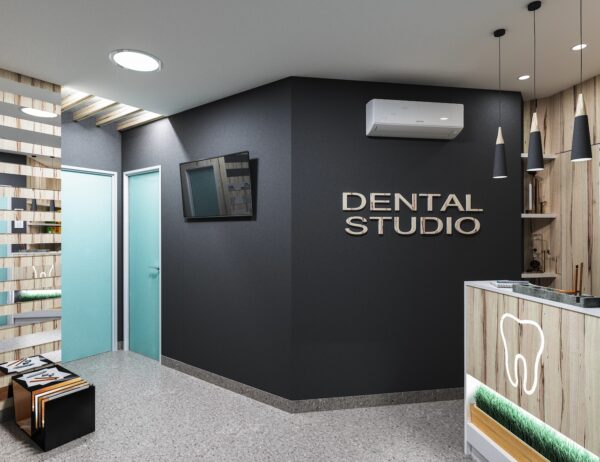The U.S. Department of Labor has rolled out new regulations under the Fair Labor Standards Act (FLSA) that significantly adjusts the salary thresholds for overtime exemptions, directly impacting Dallas-area dental practices. These updates are set to phase in on two critical dates: the initial salary threshold will increase to $43,888 on July 1, 2024, followed by a further increase to $58,656 on January 1, 2025. These expanded overtime pay protections, if they are implemented, would impact more than 4 million U.S. workers.
More than a dozen businesses and industry lobbying groups have joined together to file suit against this ruling, saying it ignores concerns raised by the business community and runs afoul of the court’s past legal decisions on the issue. But regardless of whether the suit is successful in halting these new overtime rules or not, it is important for dental practices to understand how they can impact your operations and budget for the additional cost.
As of July 1, employees who are categorized under the white-collar exemptions (executive, administrative, and professional) must earn at least $43,888 annually to remain exempt from overtime pay. By January 1, 2025, this threshold will leap to $58,656, encapsulating a larger group of employees under the overtime pay requirement unless their salaries are adjusted accordingly.
The rationale behind these increments, as noted by the Department of Labor, is to better align the salary thresholds with modern wage standards and economic conditions, ensuring fair labor practices. This significant increase – nearly 65% above the previous level – reflects both inflationary adjustments and a push towards enhancing worker compensation.
Dental practices must now consider whether to increase the salaries of affected employees to maintain their exempt status or to reclassify them as non-exempt, which would make them eligible for overtime pay. The financial decision may be an easy one. Changing affected employees to non-exempt will likely be the lower cost option since dental offices are rarely open more than 40 hours a week, largely insulating them from overtime pay considerations. But this decision involves not just financial considerations, but also operational ones, as changing employee status can affect morale and workplace dynamics.
Moreover, the DOL’s final rule includes a mechanism for automatic adjustments every three years, intended to keep the salary thresholds relevant with economic changes. This addition underscores the need for ongoing vigilance and flexibility in human resource planning within dental practices.
In light of these changes, dental practice owners are encouraged to:
- Conduct a thorough review of all employees’ salaries against the new thresholds.
- Consider the potential financial impact of salary adjustments versus the cost of overtime pay.
- Communicate with affected employees about how these changes might impact their pay structure or job classification.
- Update payroll systems and policies to accommodate these new rules and any future adjustments.
As these regulatory changes take effect, proactive planning and open communication will be key in navigating the transition smoothly. We will continue to update you on any further developments. If you have questions or want help with both tax and financial planning for your practice, reach out to us so we can help you plan for these changes and make recommendations for your specific situation.




